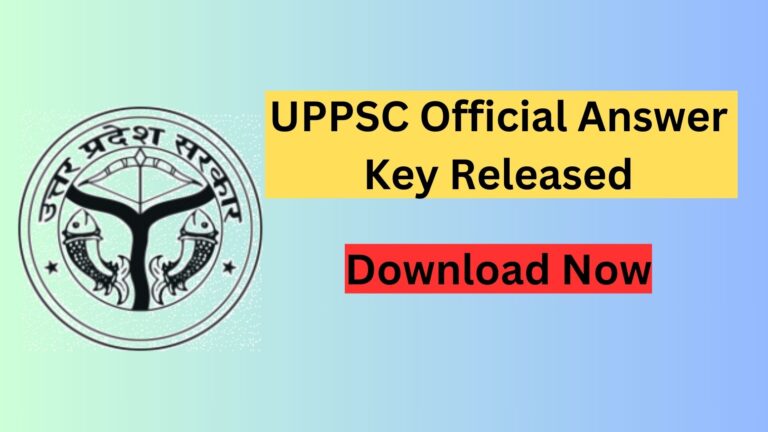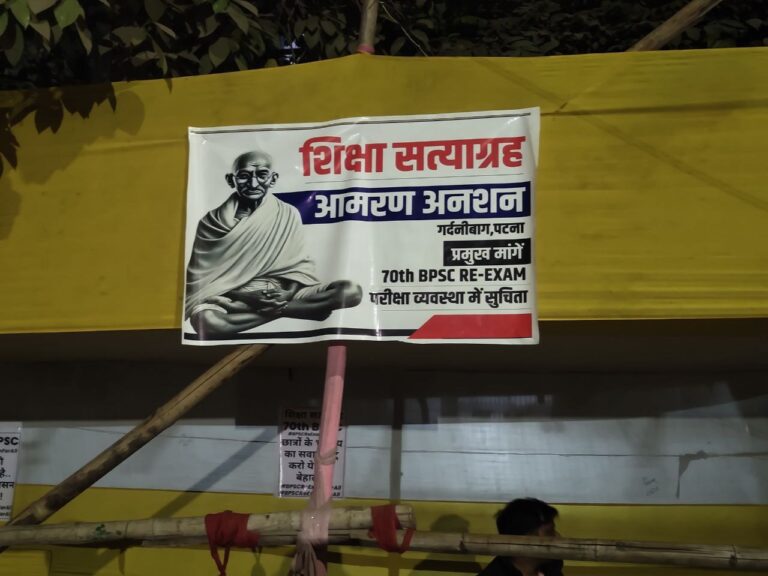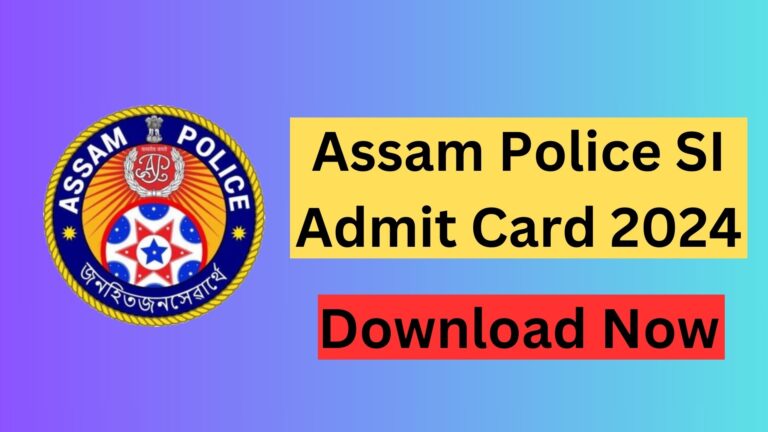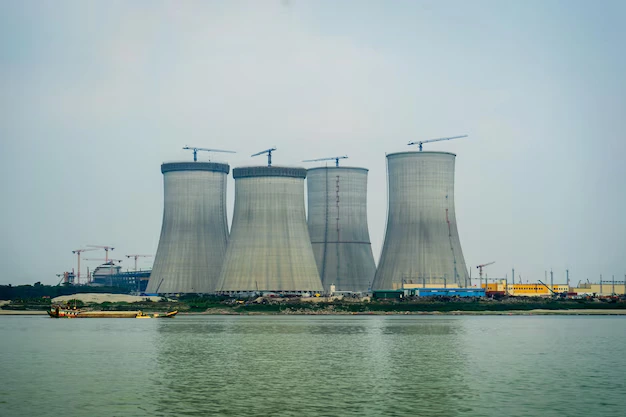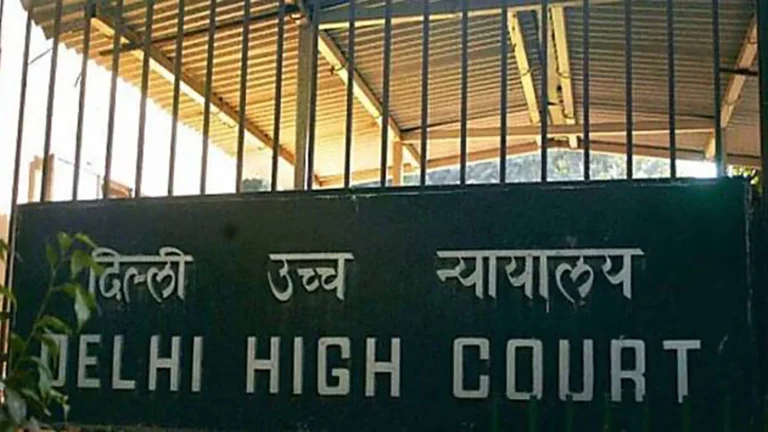
A major concern for UPSC aspirants revolves around the age limit for eligibility. For the General or Unreserved Category, candidates must be at least 21 years old and at most 32 years old. However, the key question lies in determining the cut-off date for age calculation. Currently, the UPSC uses August 1 of the examination year as the cut-off date, which many aspirants argue is arbitrary and discriminatory.
The Issue with August 1 Cut-Off
- If a candidate turns 32 just a day before August 1, they are ineligible for the exam. However, someone born two days later is eligible.
- This discrepancy has led 15 UPSC aspirants to write separate letters to Chief Justice of India (CJI) Sanjiv Khanna, urging a review of the cut-off date.
Aspirants’ Argument
The petitioners argue that:
- The August 1 cut-off date violates Article 16 of the Constitution, which ensures equality of opportunity in public employment.
- It also infringes upon Article 21, which guarantees the right to life and personal liberty. Aspirants claim that the cut-off denies individuals their right to dignified participation in the exam process.
- They suggest shifting the cut-off date to January 1, aligning with other government exams, to ensure fairness.
Historical Precedents
In previous cases, the Supreme Court dismissed similar petitions. For instance:
- During the pandemic, aspirants demanded extra attempts due to disruptions but were denied.
- The Civil Services Aptitude Test (CSAT) controversy led to making it a qualifying paper, showing limited but significant policy adjustments.
UPSC’s Current Policy
For the 2025 examination, candidates born before August 2, 1993, or after August 1, 2004, are ineligible. This strict adherence to a mid-year cut-off often creates confusion and dissatisfaction among aspirants.
Why August 1?
The UPSC follows a structured timeline:
- Notification: February
- Preliminary Exam: May-June
- Main Exam: September-October
- Interviews: December-January
Thus, August 1 is deemed appropriate for logistical reasons. Changing it to January 1 may bring new challenges, such as administrative delays and objections from candidates affected by the new cut-off.
The Way Forward
The current appeal to CJI Sanjiv Khanna represents a fresh attempt to address this longstanding issue. Whether the judiciary will entertain the argument of fundamental rights violation or uphold the necessity of a uniform cut-off remains to be seen.
Key Takeaways
- Administrative Ease vs. Aspirants’ Rights: The debate highlights the conflict between efficiency and equity in UPSC policies.
- Broader Implications: A change in UPSC’s cut-off date could set a precedent affecting other competitive exams.
This debate underscores the importance of fairness and clarity in public service recruitment processes. What are your thoughts on this matter? Should UPSC revise its age limit cut-off policy? Share your views in the comments below!
Also Read: BPSC Candidates Continue Hunger Strike on Day 7, Many on Fast Until Death
Follow US
